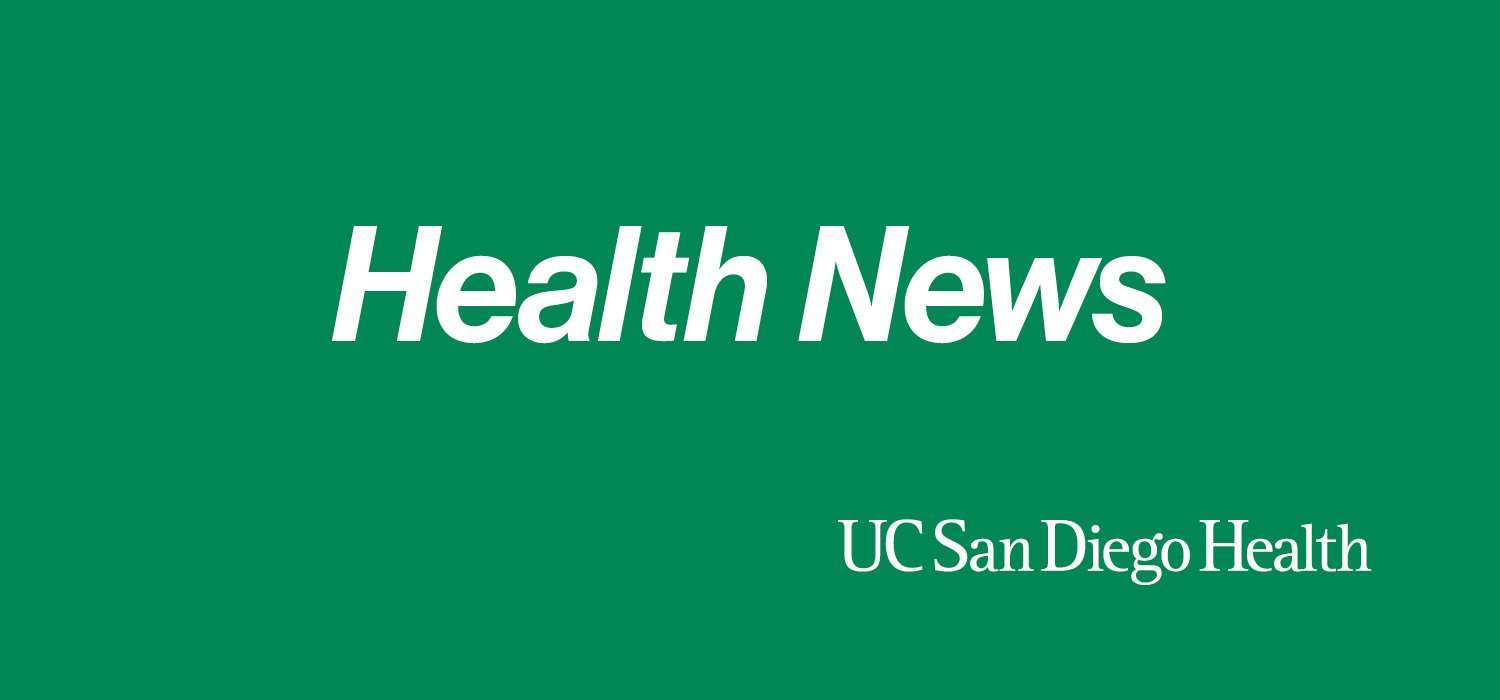November 3, 2025 | Kim Coutts
First in the United States to Offer New Testicular Cancer Blood TestUC San Diego Health is the first hospital system in the country to offer a new integrated MRNA blood test for testicular cancer.

November 3, 2025 | Kim Coutts
First in the United States to Offer New Testicular Cancer Blood TestUC San Diego Health is the first hospital system in the country to offer a new integrated MRNA blood test for testicular cancer.

October 16, 2025 | Michelle Brubaker
New Advanced Imaging Technology to Enhance Timely Patient CareNew, innovative imaging systems at UC San Diego Health will improve systemwide efficiencies, optimize workflows and provide better image quality.

October 14, 2025 | Kim Coutts
UC San Diego Health and Palomar Health Receive Approval to Form Joint Powers AuthorityJoint powers authority will stabilize and expand health care services for the community in the Palomar Health District of North San Diego.
At UC San Diego Health, you'll experience compassionate care that puts you first. From diagnosis to recovery and beyond, our experts are leading the way in innovation and bringing you the latest in treatment options.